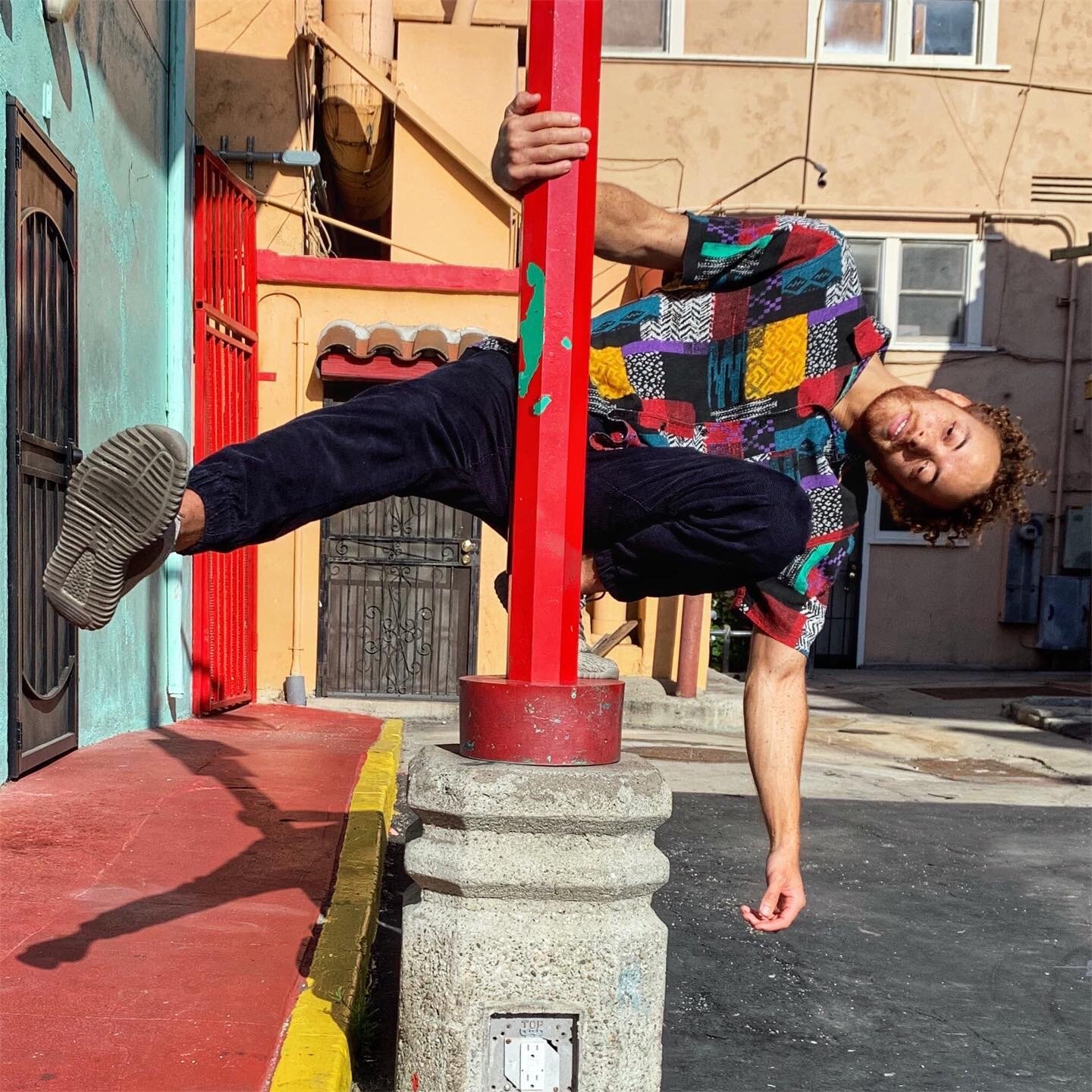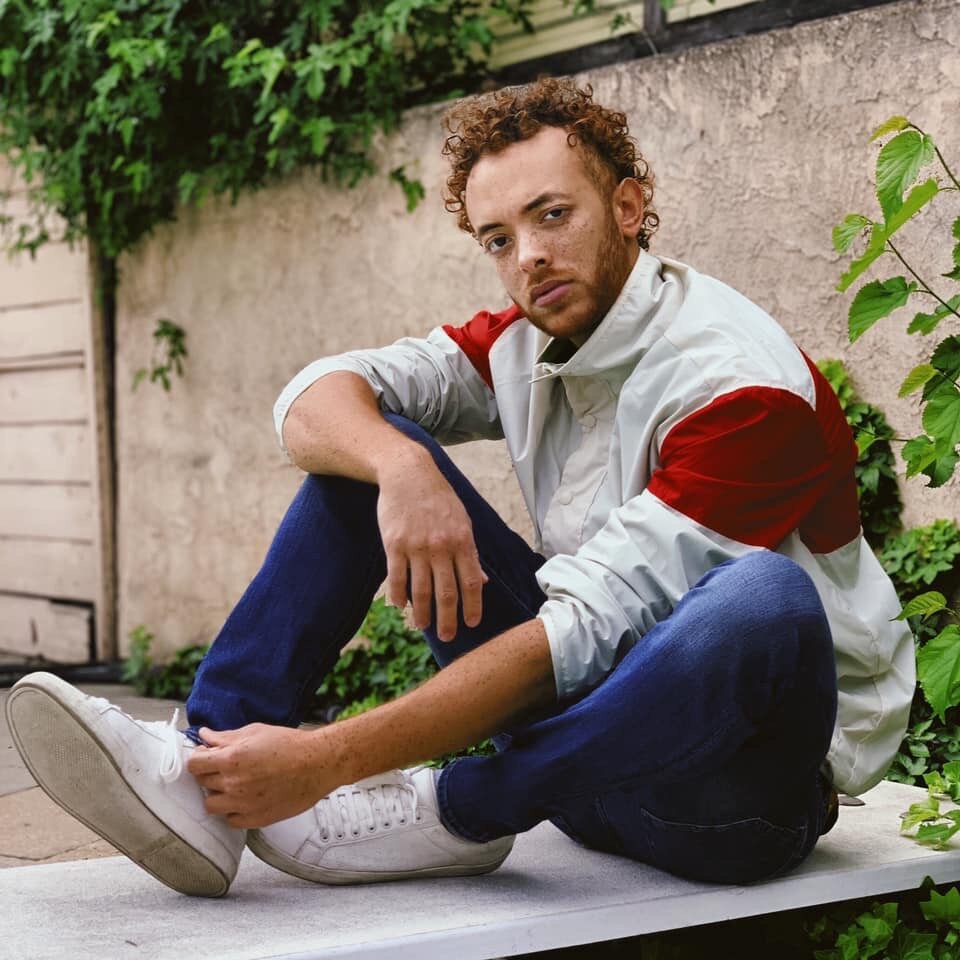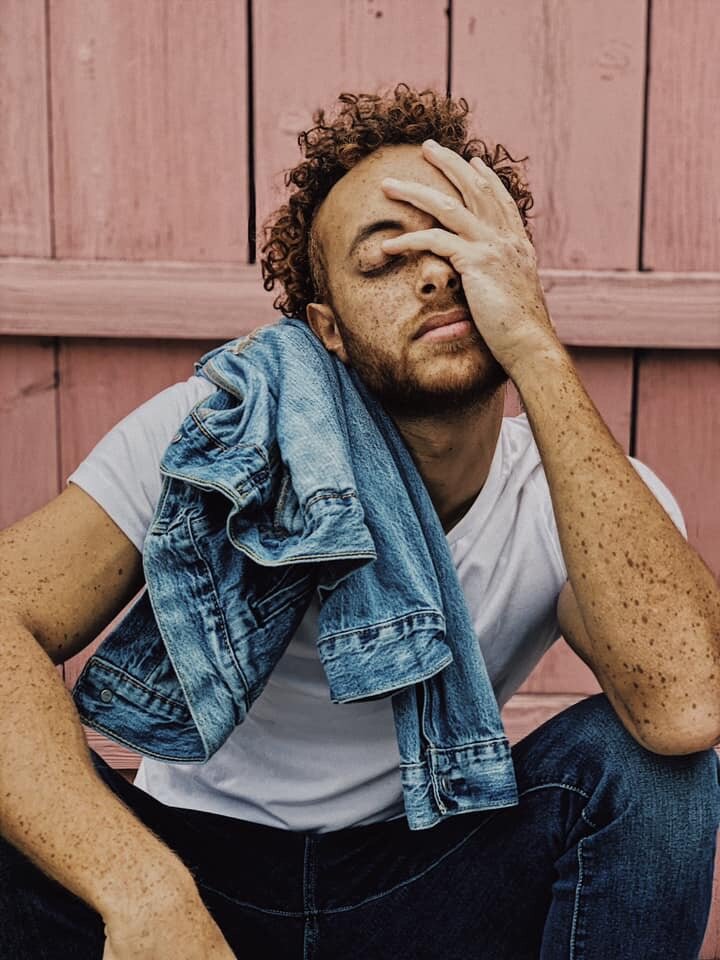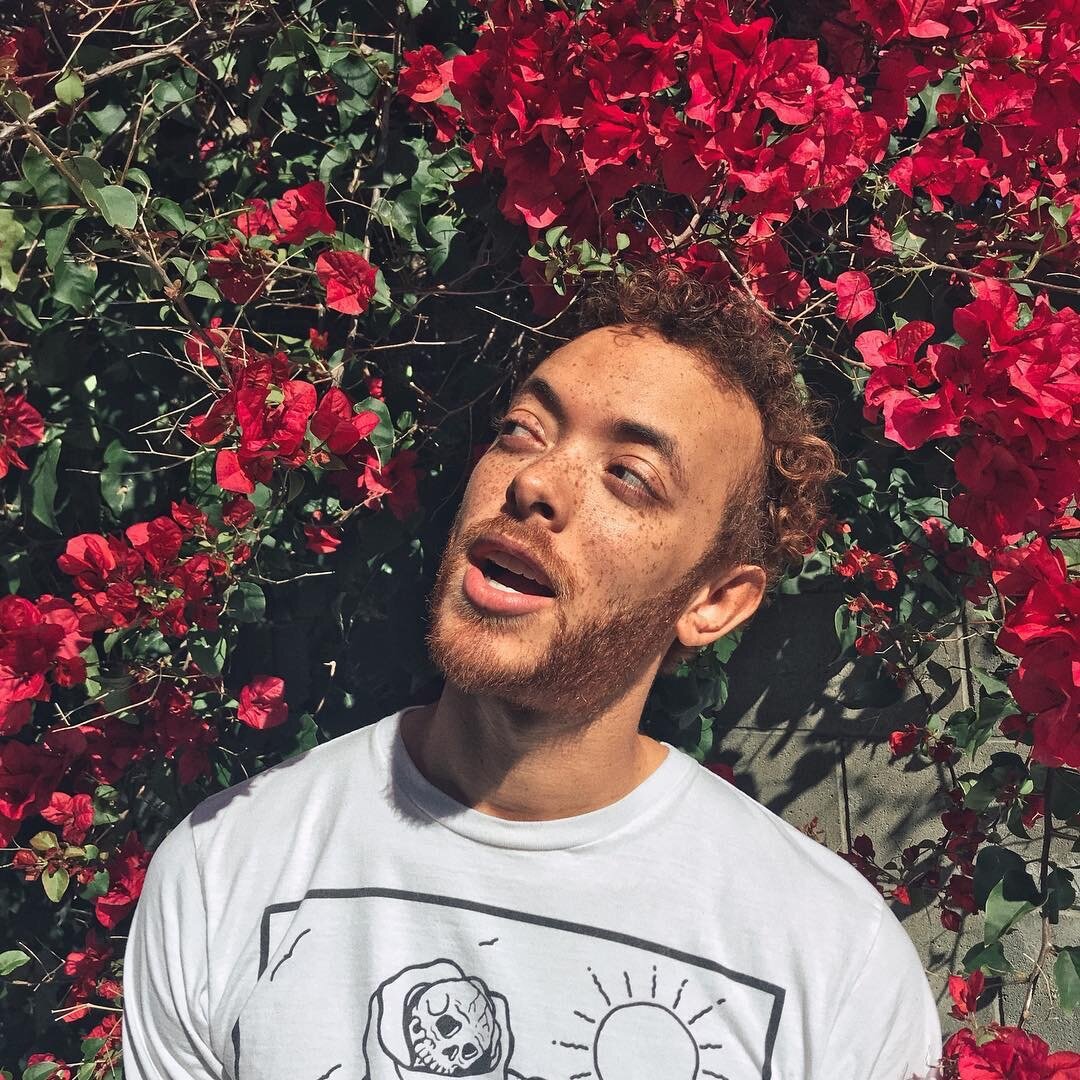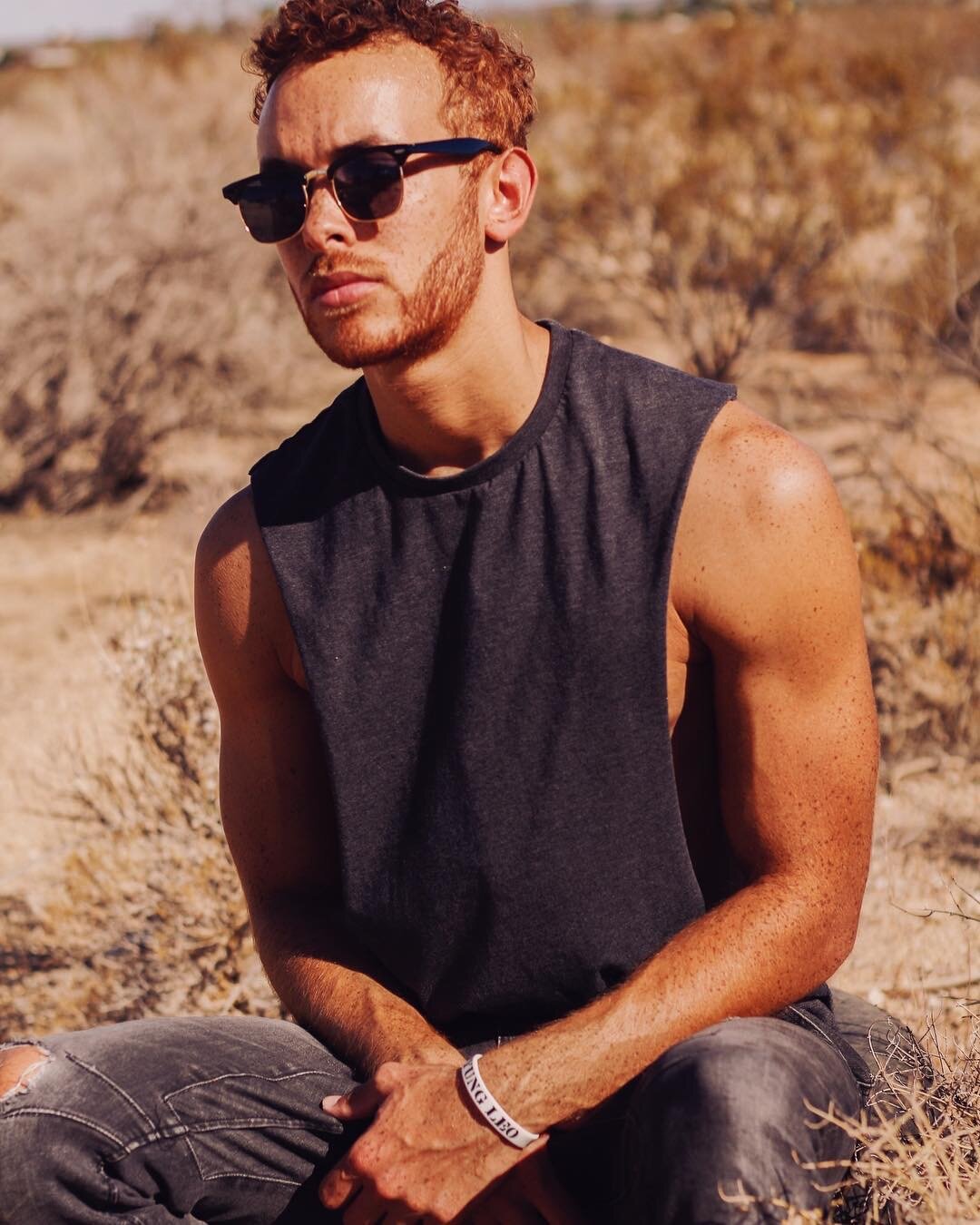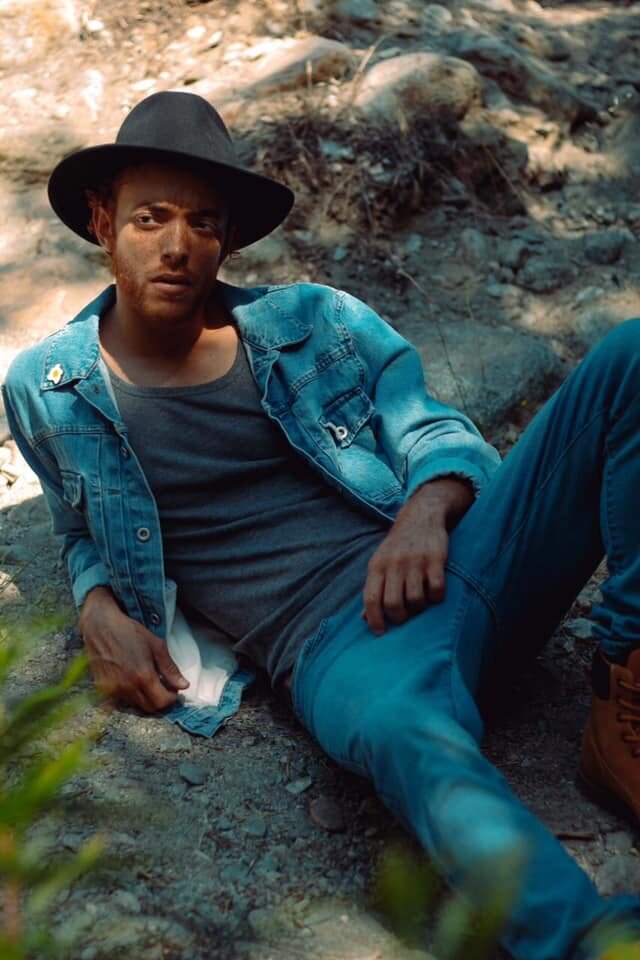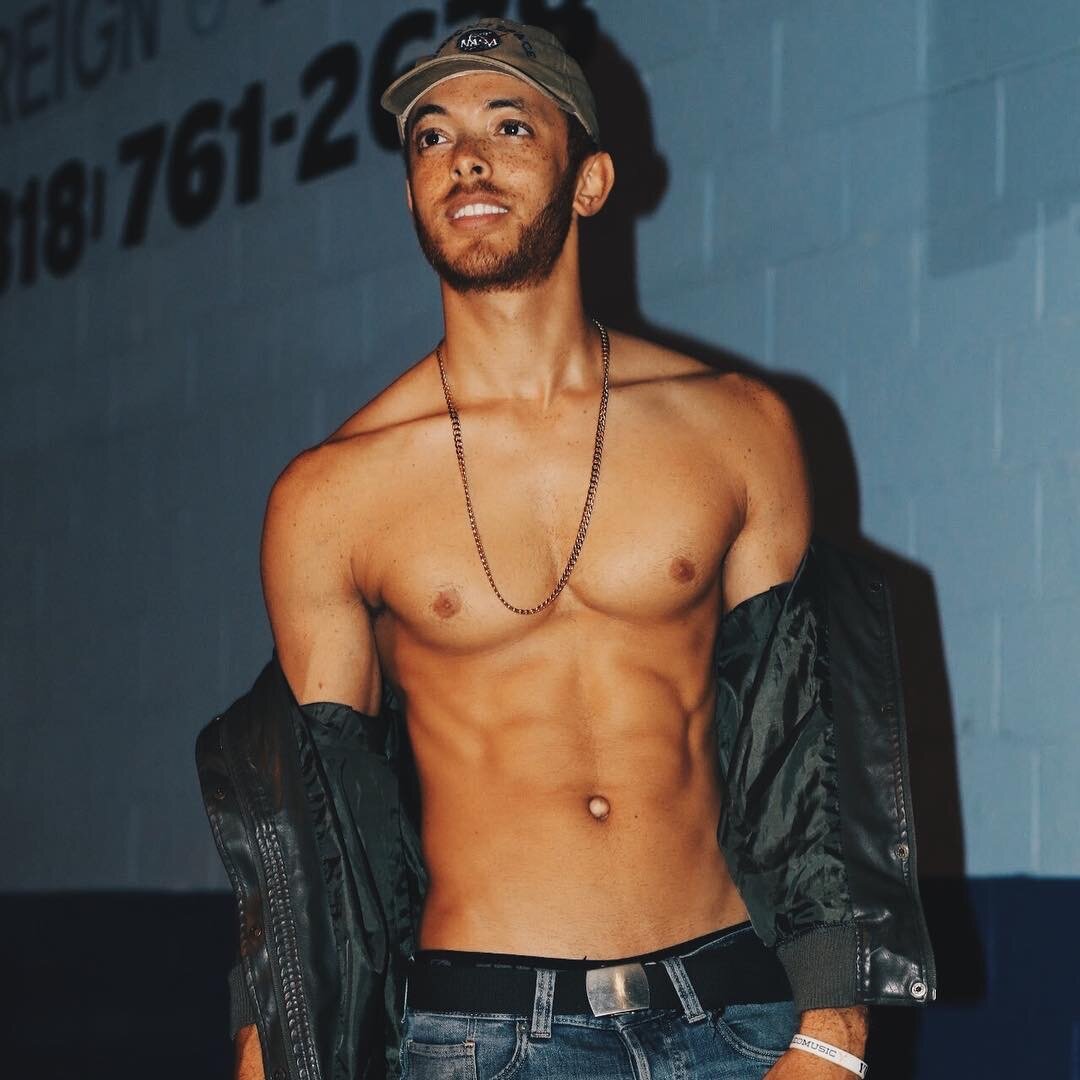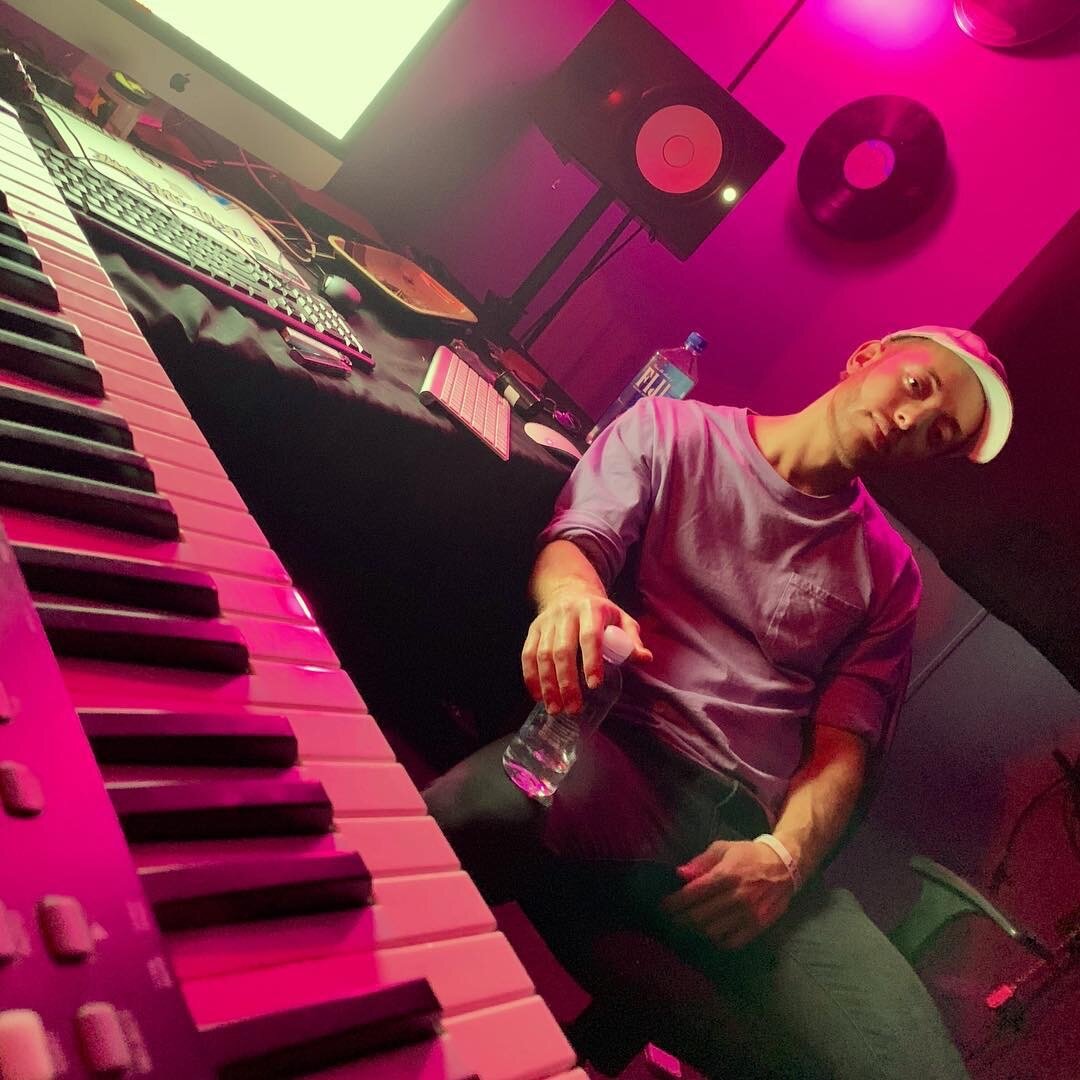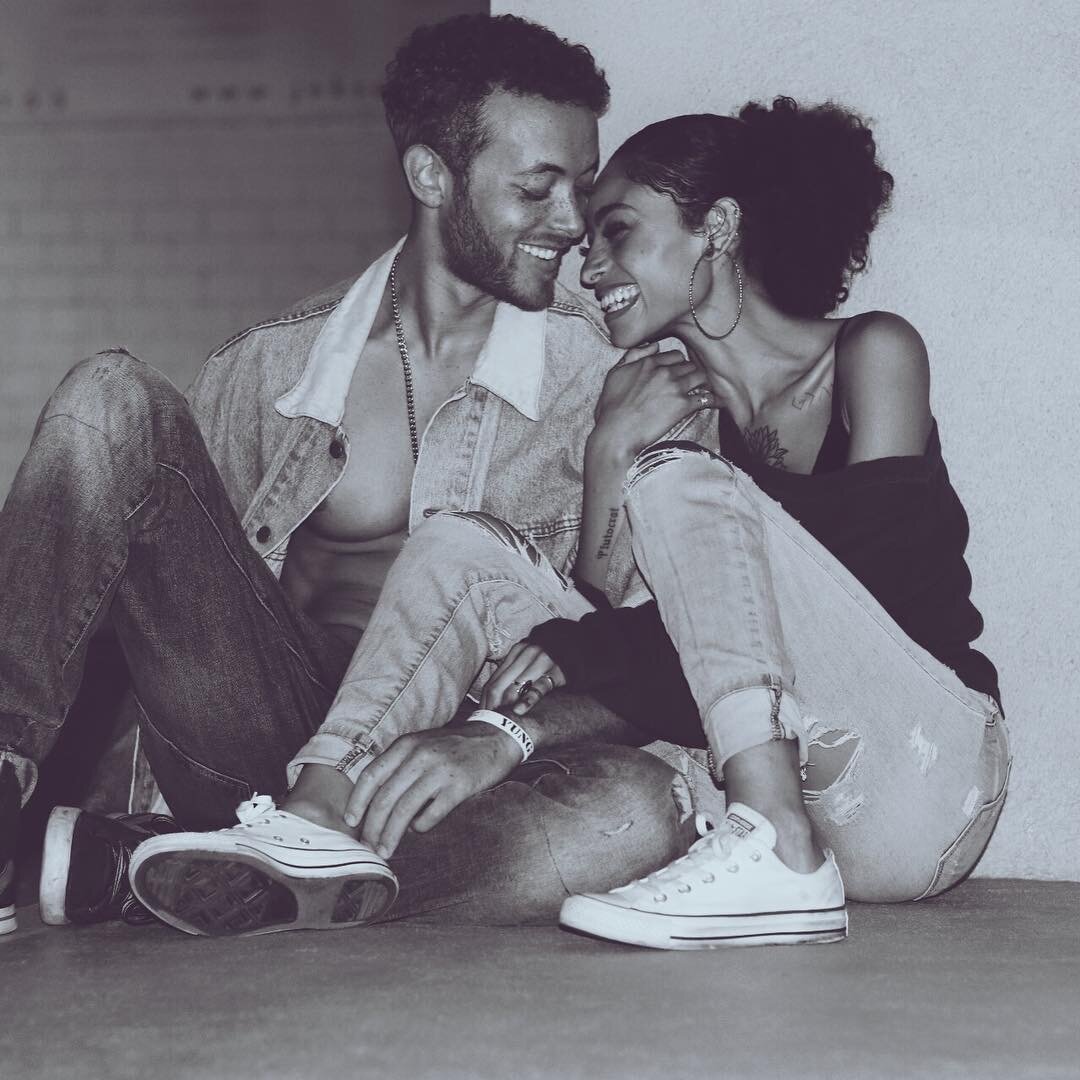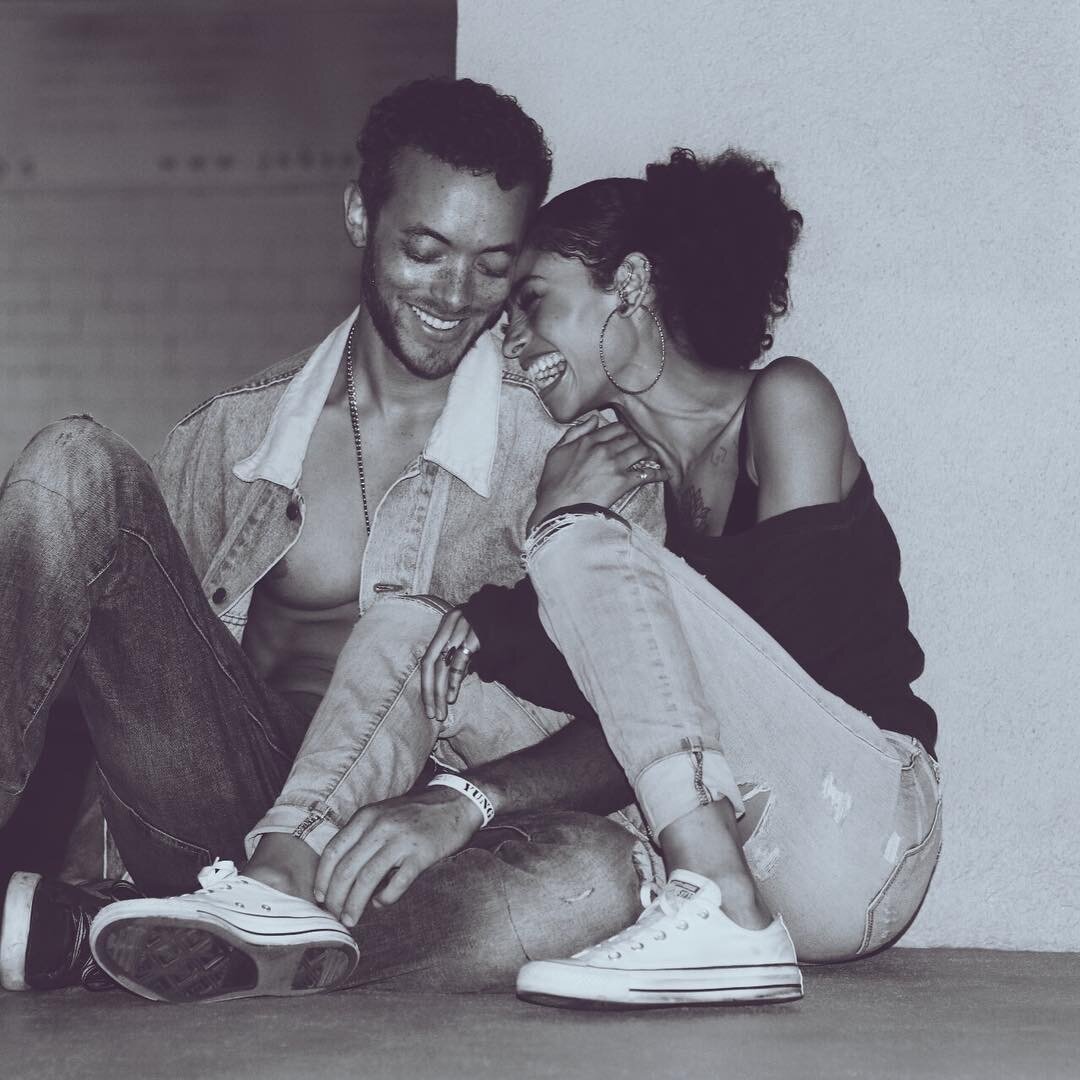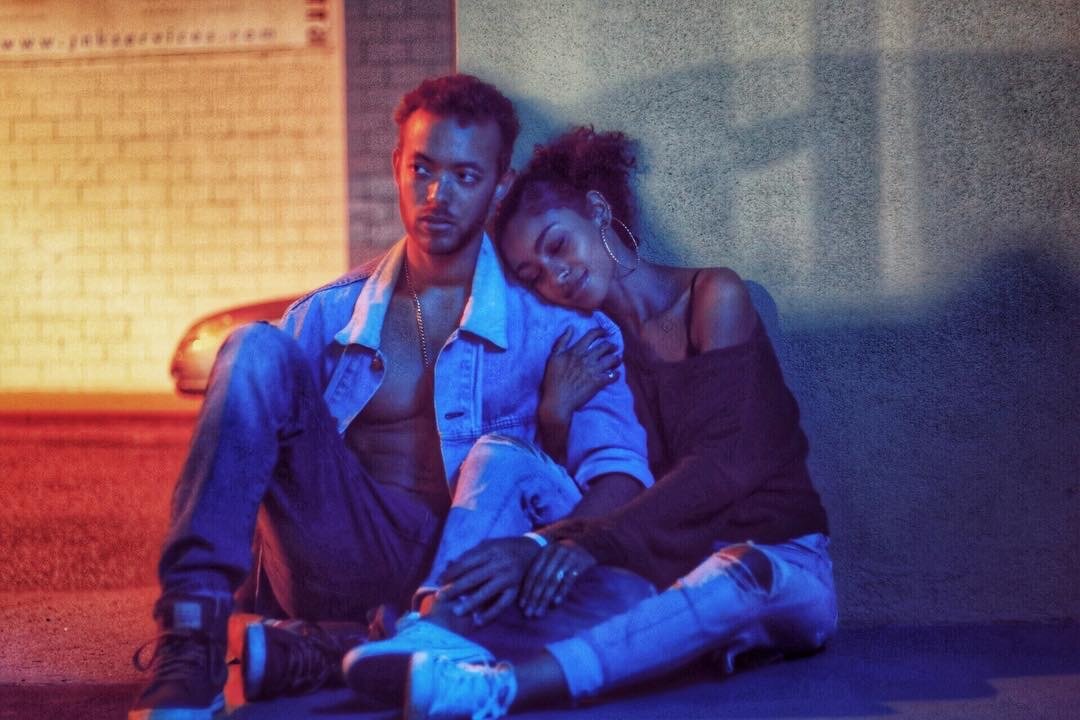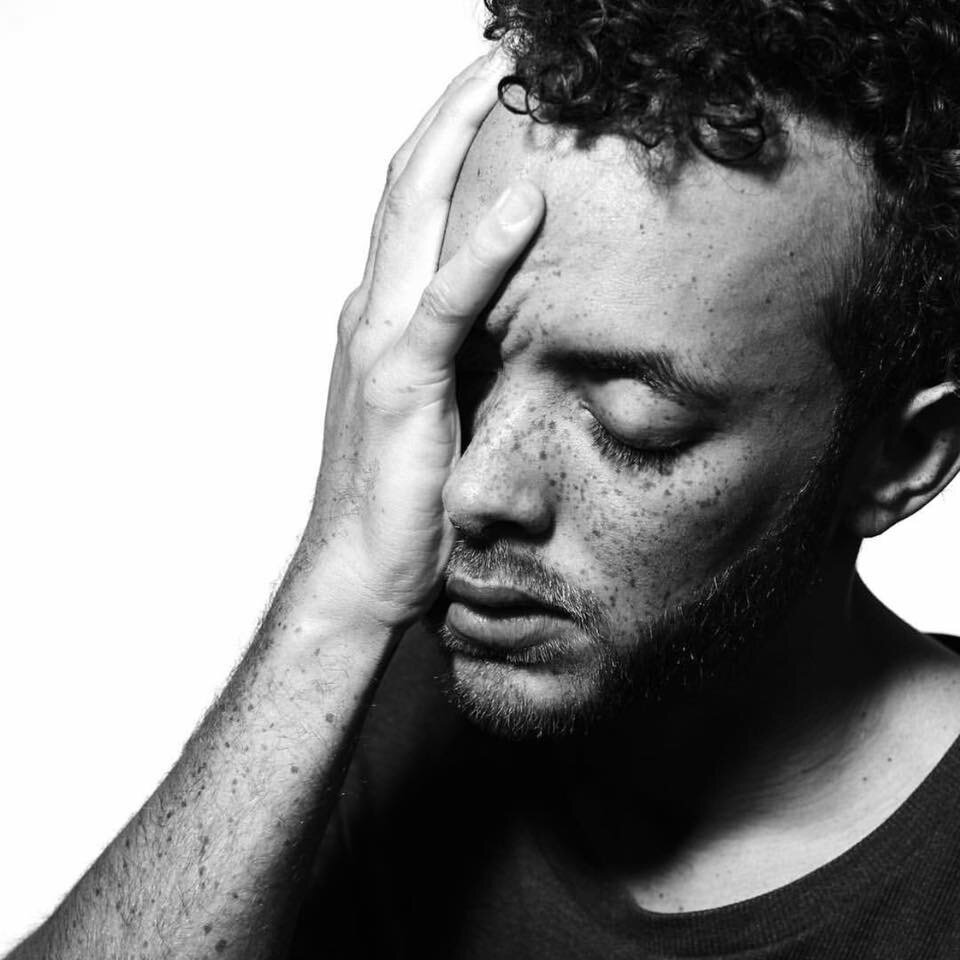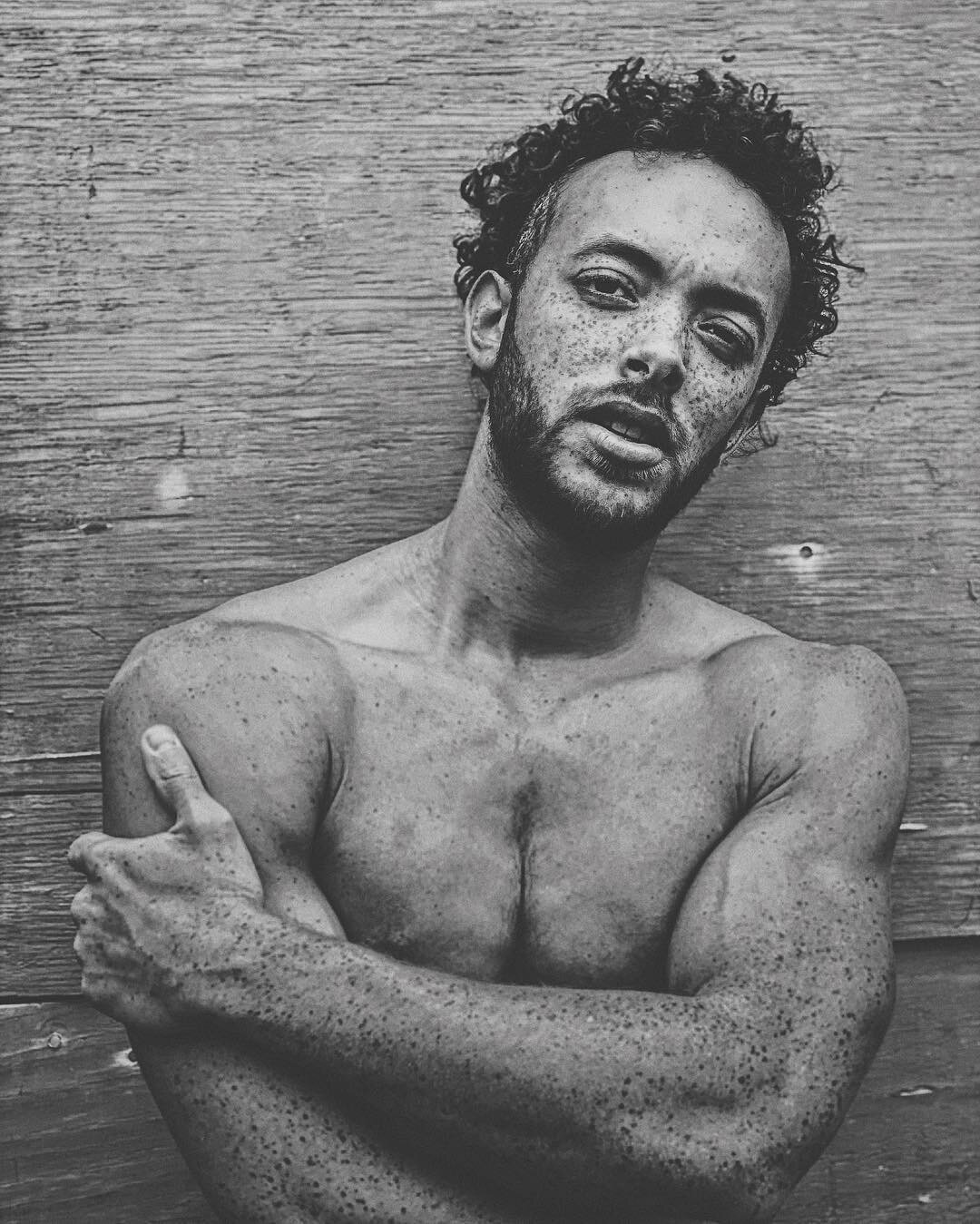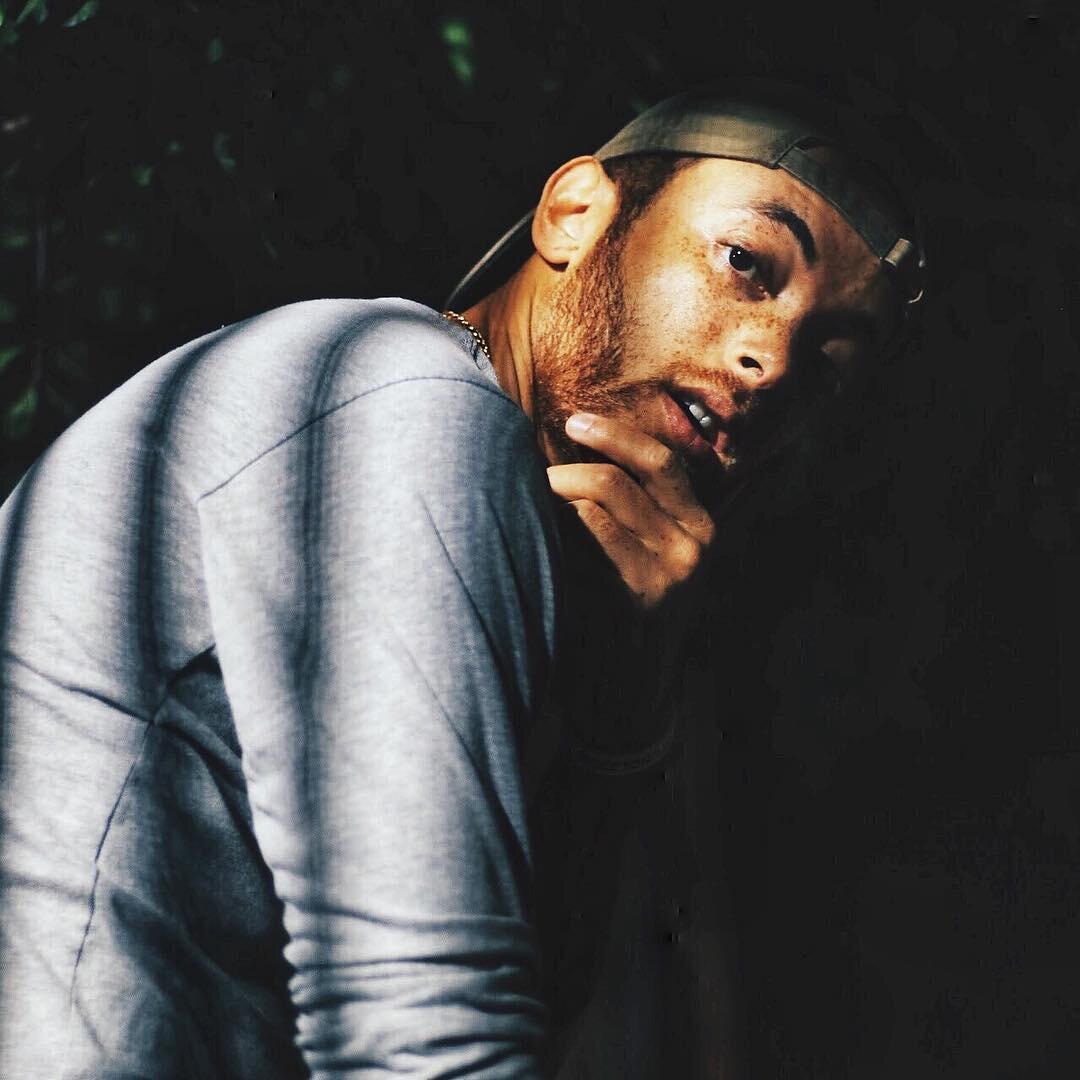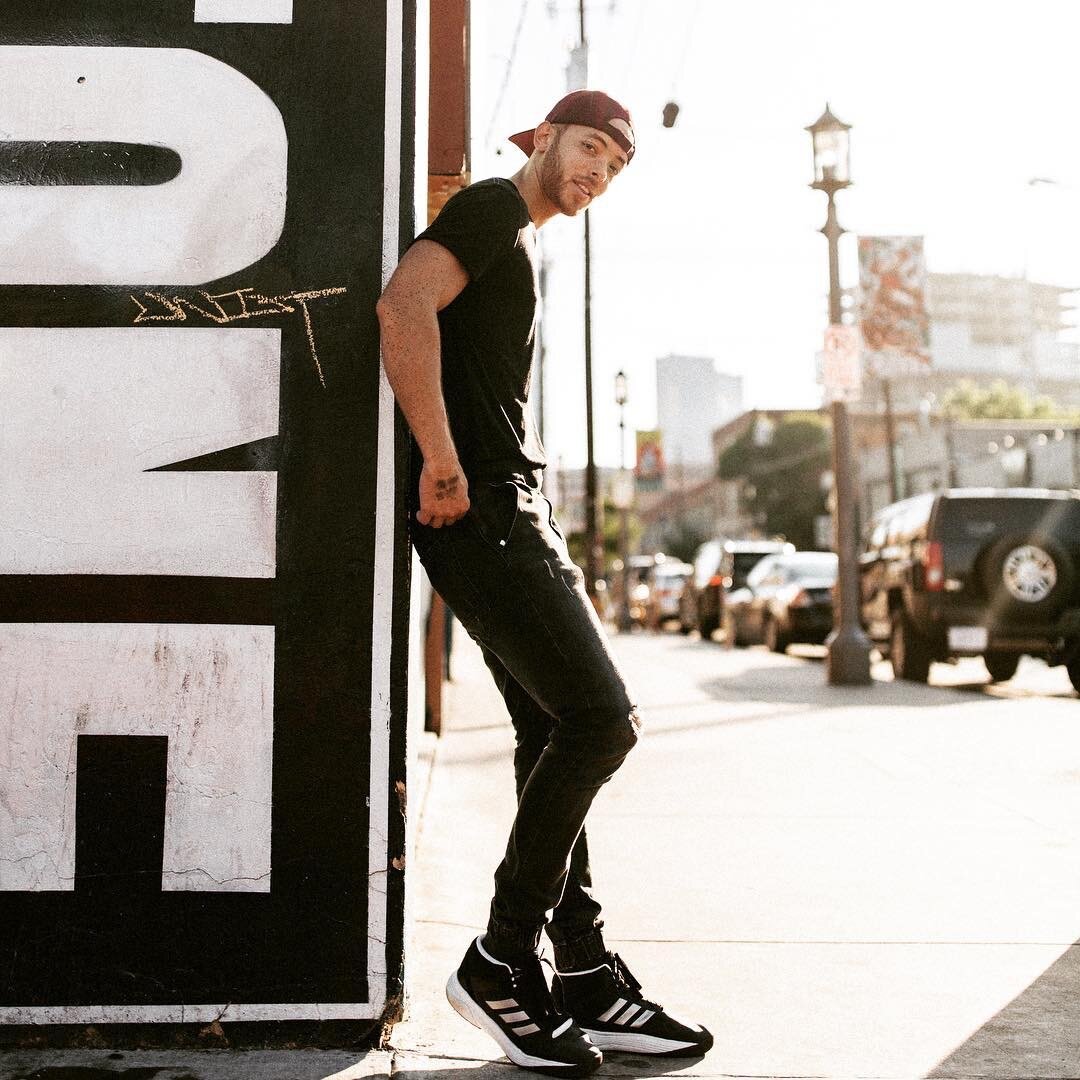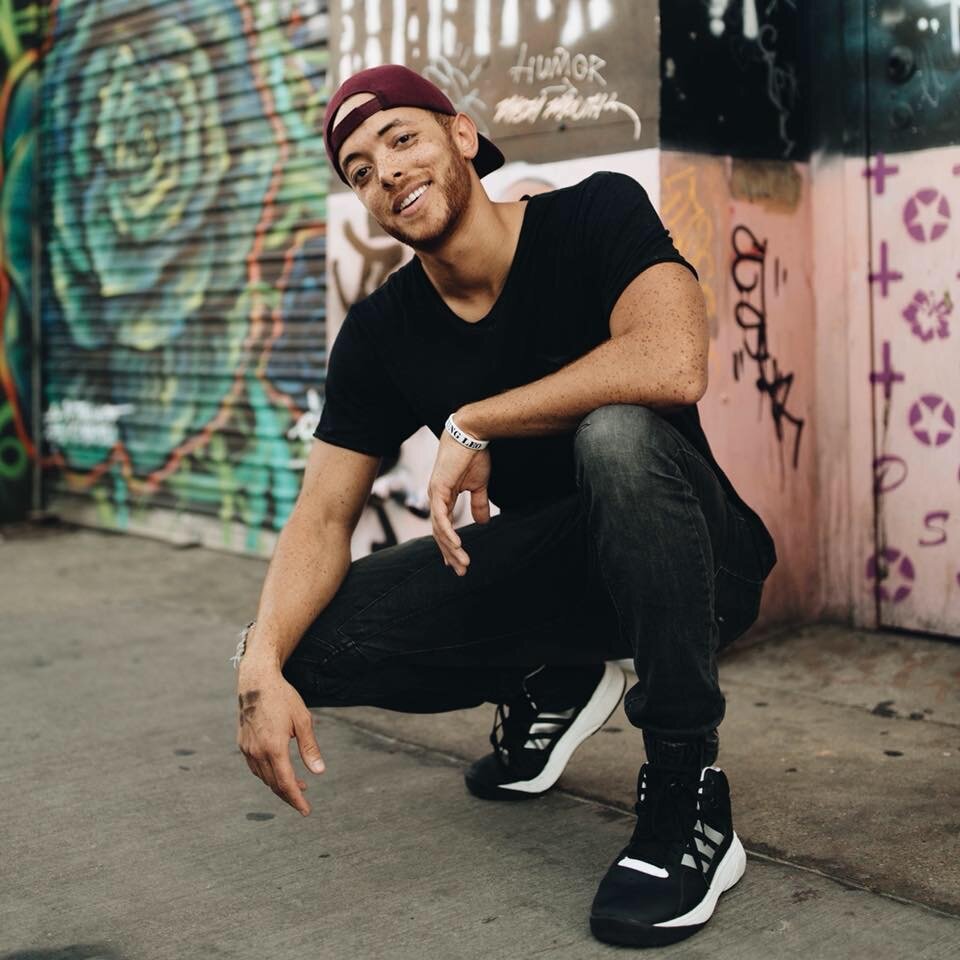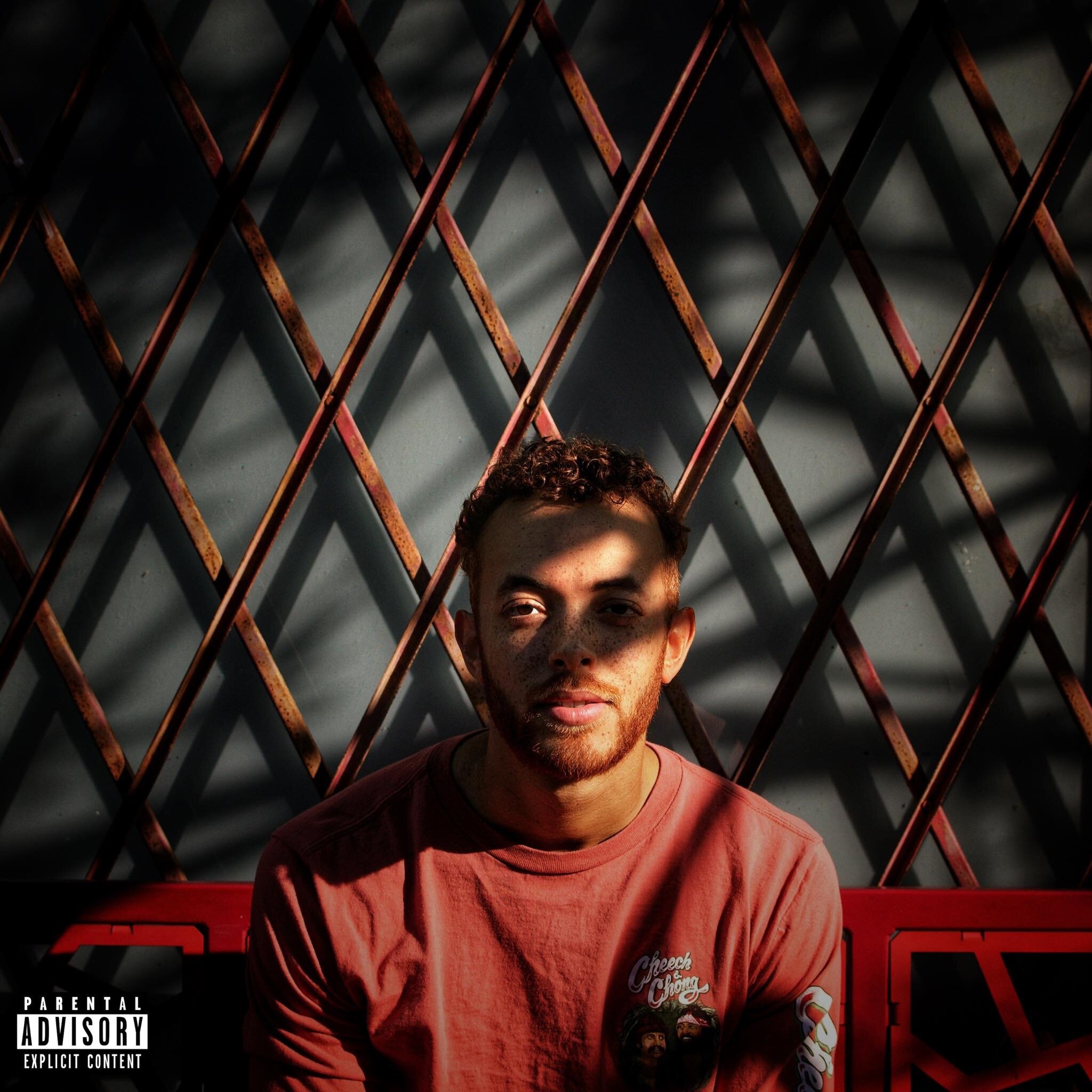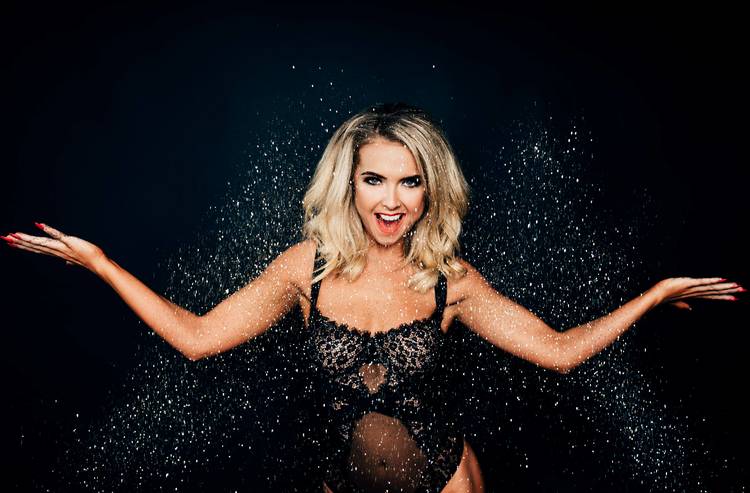Greetings #IndustryTalk fam! Long time no see and my apologies! I’ve been spending the last year or so traveling, reflecting, and revamping my life. For my 28th birthday I went to Hong Kong, Macau, Paris and London. Whilst in Europe I did two photo shoots…
Read MoreMUSIC
INDUSTRY TALK: Q&A (CHRISTOPHER LEON)
Thanks for tuning in to this weeks #IndustryTalk interview! Today we are featuring a St Louis native rapper Christopher Leon (Formerly Young Leo)! This dude is dope, if you’re following his Instagram you’ll see he’s dropping multiple vids that showcase his talents as a young future rap star! At only 27 Christopher Leon has created quite the following ready to take La La Land by storm! Let’s see how he came to be, and what his deciding moment was that propelled his move to a city famous for creating stars & reflecting the broken dreams of many.
R|A: Christopher Leon thank you for being apart of the #IndustryTalk blog! You’re very talented, and I’m sure LA, NYC, and maybe the ATL were places you thought about moving to in order to propel your career, why LA, and what was the deciding factor? That this is it moment?
C|L: I appreciate the compliment! The easy answer as to why I came to LA instead of anywhere else was I had an opportunity and had to take advantage! It was a heat of the moment, ‘you only live once’ kind of decision. But honestly, I’ve always thought it would be amazing to live in California anyway. I didn’t know at the time that technically you can make it ANYWHERE nowadays. The internet made it so you don’t have to come to the high cost of living places such as this. But I truly love living here, so for me it worked out perfectly!
R|A: What’s the most terrible thing someone has said to you about your art, and how did that affect you?
C|L: I guess the worst thing someone has said to me was your standard no-name, anonymous commenter who posted under one of my videos saying something about how I’m the worst rapper to ever grace a microphone and how I should fuck my mother and die... I’m paraphrasing of course but seriously, who’s putting any real energy replying to people like that 😂.
I don’t pay any mind to comments unless there is some kind of constructive criticism. What I hate the MOST are ‘yes’ men. If I am asking for an opinion on a song and all I get is ‘yeah, that’s dope’ or ‘that’s fire!’, I’m a little turned off. Not all of my songs are good, and if I play you something I know is trash and all you have is a nonchalant head nod while staring at your phone, but you get hype once the song is over because you think that’s what I want... I won’t be inviting you to the next listening session :P
R|A: Who are 5 people that inspire you? Artist or otherwise?
C|L: Childish Gambino, Joe Rogan, Mac Miller, GaryVee and the newest person to make the list is Russ.
I’m a huge fan of podcasts, and I have heard my fair share of episodes where Joe Rogan or GaryVee say something that sparks me to work. Gary will talk about a new strategy to ‘hack’ the market or connect with people. Joe will talk about the grind of forming a new stand up routine and how tough it is to get it started. It teaches me that everything you try to get good at is a grind.... so if you want to get good GET TO GRINDING!
When it comes to Gambino and Mac, I just love their styles. Neither of them were afraid to experiment and try something different than they’re used to. I always find inspiration in that.
When it comes to Russ, I just love the hustle and grind it took for him to get where he is. He’s famous for the ‘drop a song every week’ strategy and it’s a really great one. He seems to love the grind as much as I do and that always makes me want to keep working hard when I see it paying off for others.
R|A: You have this new IG comedy skit-show with your girlfriend, what was the creative concept behind the skits and have you always been a comedian?
C|L: Ironically enough the comedy thing was just a joke at first! We had a little idea for a video and people really seemed to like it so we continued doing it. The concepts are easy enough, anytime we have an idea or a ‘that would be funny’ thought we talk to each other about it and see if we could actually make it fun. It’s a challenge but a great way to stay creative when I’m in a musical slump.
I have always been one to crack jokes, mostly at someone’s expense, but I’ve always been more of a fan of the art than actually in it. I might give stand up a try one day 😎
R|A: What’s something most people do not know about you?
C|L: Even though I was born in St Louis, I spent most of my childhood growing up outside of it. I moved to Illinois at a young age and lived in a very small town called Jonesboro. Which was DIRECTLY next to a town called Anna.
Decades ago, someone historically put a sign up next to the ‘Welcome to Anna’ billboard that read ‘ANNA- Ain’t No Niggers Allowed’.
As you can imagine, being the only kid in school with a black father was not the best experience in my younger days. And being a REDHEAD on top of it?! Oh boy, I was ripe for the bullying.
R|A: If you could have lunch with anyone dead or alive who would it be and what would you ask them?
C|L: This may sound like a cop-out but I would want to have lunch with ANYONE who was already deceased. My questions would be simple. Is there an afterlife? If so, what is it like and is there any reason to fear death...
Hope I didn’t bum anyone out 🤣
R|A: How would you describe your music? Is it more commercial, raw, political, what does Young Leo rap about?
C|L: All of my projects are about things I’m going through at the time.
My last project was called ‘26 In LA’ and it was about my first year here. The project I’m working on right now is all about my relationship with my girlfriend. I’m very excited to spill the tea. 😂
R|A: What great piece of advice have you gotten, that you would say has helped in your career development?
C|L: YOU ARE ON YOUR OWN SCHEDULE! Stop comparing yourself to Drake; stop comparing yourself to your friend who got a deal before you did. None of that helps your situation and only creates mental fatigue. YOU will make it when YOU are meant to. The beauty of today is it’s easier to make it than ever before. You just have to be consistent and always growing. Once I stopped being impressed by people on social media I noticed my life became sooo much less stressful. I would advise the same for others.
R|A: What’s something a new rapper should have before walking into a record labels doors?
C|L: Have your dignity and values in hand. Understand one thing, by the time a record label wants you... you are in a position where you no longer need a record label.
“YOU ARE ON YOUR OWN SCHEDULE! Stop comparing yourself to Drake; stop comparing yourself to your friend who got a deal before you did.”
R|A: Lastly to make it fun, who are your top 4 female hip hop artist, and top 4 male hip hop artist past/present that you think changed the game?
C|L: Lauren Hill, Lil Kim, Nicki Minaj and Lizzo.
For the fellas I would say Slick Rick, Kanye West, Kid Cudi aaaaand weirdly enough maybe Young Thug.
INDUSTRY TALK: Q&A (VICTORIAH BECH)
INDUSTRY TALK: Q&A (ERIC ARCENEAUX)
I first discovered Eric Arceneaux on youtube. At the time I had already had a vocal teacher, however I did not feel as though I was making progress. So while online seeing what the universe would send me I discovered The AA Approach. Now whenever I have the time I just go on my Udemy App and do the exercises in Eric’s videos. I’ve noticed a greater change in my vocal health and ability. So I decided to reach out to Mr. Arceneaux to see what his advice would be for other aspiring singers?
R|A: To start thank you so much for taking this interview, I’ve studied your approach for a few years and only regret that when I lived on the east coast I wasn't closer to Maryland. So in your earlier lessons you had a physical warm up before singing. Why is exercise necessary before vocal rehearsing?
E|A: It’s so important that we keep in mind that the entire body is the instrument, not just the vocal folds. A common misconception is that vocal injury is a problem isolated to the throat. But the root causes are often excessively tightened abdominals and shoulder muscles, or overly contracted glutes and inner thighs; this kind of excessive tension restricts the diaphragm, throws the body out of alignment, and places undue strain on the vocal folds. Bottom line: strengthening the voice means liberating the entire instrument.
R|A: How often would you recommend an artist do vocal training?
"A good singer has to be a great story teller."
E|A: A professional vocalist or even an aspiring professional must train daily; there’s just no way around it. It’s like being a professional athlete - talent and natural coordination are merely a starting point. To compete in the professional arena amongst other professionals, your body must be exceptionally well conditioned. Talent alone will not provide vocal longevity or protect against vocal injury, however proper daily vocal exercise will work wonders.
R|A: What key elements in your opinion make for a good singer?
E|A: Freedom is number one. No one wants to hear you struggling for control or straining for high notes; it makes your audience uncomfortable, if they can hear that you are vocally restricted. Number two… A good singer has to be a great story teller. Good singing is acting. Many aspiring artists - even those with wonderful voices - fail to achieve the career success they desire simply because they get too caught up in their sound. They obsess over tone, riffs and runs, range, etc. Don’t be so self indulgent and self conscious. Just tell the story!
R|A: What advice would you give aspiring singers?
E|A: Hard work, in real life, happens in slow motion. I meet singers every day who beg me to take them on as students. “I’m such a hard worker!”, they say. But the reality is that they seldom have any sense of what hard work actually means. I blame movies. lol. Movies romanticize and trivialize hard work via the use of montage - a collection of scenes that make the effort look intense but brief, with immediate payoff, while an inspiring song plays in the background. In real life, however, the hard work happens in slow motion. It is frustrating at times. It is often inconvenient. It requires a level of discipline from you that may not be required of your peers. And that can be challenging. You want to be “normal” and go out and drink and party, but you can’t do that if you have a studio session the next day. You can’t eat that pizza, if you want your voice in top shape for that audition. You don’t sing without doing a proper vocal warmup. …stuff like that.
"Bottom line: strengthening the voice means liberating the entire instrument."
R|A: Now some artist are consistently performing, how do you maintain good vocal health, teas, tonics…?
E|A: All the teas, tonics, and sprays can be a nice cherry on top. But, without question, the best way to maintain a strong and healthy voice on the road is with healthy technique. Perhaps most important of all is a daily breathing exercise/vocal exercise regimen. Singing professionally is an athletic feat. These are muscles. Your diaphragm can be strong and flexible or it can be tight and weak. Same with your vocal folds; they can be strong and flexible or tight and weak. They need proper exercise in order for you to perform at your best, consistently, and to avoid vocal injury- vocal injury is just so avoidable, if you’re willing to discipline yourself. I develop a customized daily breathing exercise/vocal workout regimen with every one of my professional clients. It’s crucial.
R|A: What is the biggest vocal health issue you experience with your students?
E|A: Nodules… Artists often seek me out after being diagnosed with nodules. They are the most common vocal health issue amongst professional singers. But here’s the thing: The body always give you a warning - chronic hoarseness. Hoarseness means that you’re doing something wrong. Unfortunately, a poorly trained singer will just try to “push through”. Eventually, the body decides to protect itself, and the vocal cords develop callouses a.k.a. nodules. Nodules wreak havoc upon a singers range, freedom, and consistency, because the vocal cords are then unable to close properly.
What bothers me the most is that it’s all so very avoidable. And honestly, it’s often a matter of ego. Pride is definitely a factor. I meet countless singers who tell me things like, “I KNOW how to use my diaphragm. I KNOW how to sing properly- I’m ANOINTED. I trained with so and so… ”. But I’m like, “If you already knew everything you need to know, then you wouldn’t have nodules right now!” You can’t ignore your body for the sake of your pride.
Vocalists have to understand that powerful singing does not come about from brute force. No. Vocal damage happens that way. Powerful singing comes from balanced & concentrated force. A big part of my job is to teach students what it really means to derive power from the diaphragm and its surrounding muscles, as opposed to leaning on the throat. Suffice to say the most prevalent vocal health issue I see amongst students is a lack of understanding in regards to applying balanced force to the voice and misinformation on what it means to “sing from the diaphragm”.
R|A: Most newer singers sometimes have a bought with stage fright, how do you recommend they move beyond that?
E|A: It depends on the root cause of the stage fright. For some, the fear is due to the fact that the instrument is unreliable. In those cases, training alone will build confidence as the singer develops a better understanding of how to use his/her voice consistently. In other cases, I find that it results from self consciousness and fear of being judged. In those cases, I recommend that you stop making the performance all about you. Instead, focus on telling the story. If you’re worried about impressing people with your voice, you’ll likely sound amateurish anyway (even if your voice is amazing). A professional singer knows that telling the story is of paramount importance. That’s the mission.
R|A: Why did you start the AApproach?
E|A: I was tired of the confusion. Growing up in the church, I was given so much harmful advice from choir directors, musicians, and other singers. And even during my brief career in opera, there was a great deal of confusion; I realized that there was no agreed upon consensus amongst classical singers in regards to what constituted a healthy technique. Each classical voice instructor had a completely different methodology, and these methodologies were usually based far more on tradition than on any scientific principles. I guess, more than anything, the AApproach was born of my desperate need for clarity. I wanted to know concretely how the body worked.
Also, I wanted to empower people. Growing up, there was this pervasive idea that the ability to sing was a gift given only to a few. Furthermore, if you failed to be “chosen”, there was no hope for you. But I had gone from being laughed out of choirs and laughed off of stages to then being offered major label record deals and enjoying a successful full-time career as a vocalist. It was the training that made all the difference, and I knew that if the training could work for me it could work for anyone.
I have a soft spot in my heart for the underdogs and the outsiders, for anyone who’s been told “you can’t”. The AApproach is a resource that supplies artists with the skills necessary to pursue their dreams and to thrive. As human beings, we just have so much more power than we think we do.
R|A: What 5 key rules would you say are important when singing?
E|A: 1. Warm up. Singers who don’t warm up regularly will find themselves at the mercy of all sorts of circumstances: weather, lack of sleep, nerves, sinuses, etc. A healthy warm up routine will mitigate the effects of all those variables and make you consistent.
2. Allow yourself to breathe, but don’t force it. Breathing should be effortless. Filling yourself up with air is not the key to vocal power. Heaving large amounts of breath will only wear you out. If you feel like you have to fight or work to get a satisfying amount of air, then your diaphragm is weak and restricted. Contact me.
3. Don’t sing AT the audience. Instead, communicate with them. Singers often feel pressure to show everything they’ve got (belting, riffing/running, screaming) right out the gate, in every song, even if it makes absolutely no sense for that particular song. Just tell the story. Be honest. Be vulnerable.
4. Accept your instrument. Appreciate your instrument. We don’t curse the violin for not sounding like a trumpet. We appreciate each instrument for its unique beauty. Don’t abuse your voice in an attempt to make it sound like someone else’s.
5. Allow some of the character of your speaking voice to come through your singing voice. Vocalists often feel that they have to create the perfect tone, but singing is in essence nothing more than elongated speech. Utilizing more of your speaking voice qualities will make your singing sound more distinct, nuanced, and professional.
"Singers often ignore these warning signs, thus creating and worsening problems instead of fixing them."
R|A: One thing that stuck with me from your lesson was that “practice makes permanent, not perfect.” I think that’s a powerful statement, how does one practice perfectly? How do you know if what you’re doing is the correct way of doing it?
E|A: Your body will always let you know if you’re on the wrong track, I promise you. But you have to be willing to listen. It’s so important that we tune in to how things feel. If it doesn’t feel right, then it’s not right. The vocal folds do not operate under the same principles as other muscles in the body, in the sense that it’s NOT like working out at a gym. Pain is never ok. Burning is never ok. Soreness is never ok. Singers often ignore these warning signs, thus creating and worsening problems instead of fixing them.
R|A: Where can people find you for vocal classes?
E|A: My website - www.AApproach.com - has it all, including info on how to take one-on-one lessons with me (Skype, FaceTime, or in person) and info on how to purchase my lessons on video. Of course, I’m also on Youtube, which is how a lot of people find me. www.Youtube.com/EricArceneaux



